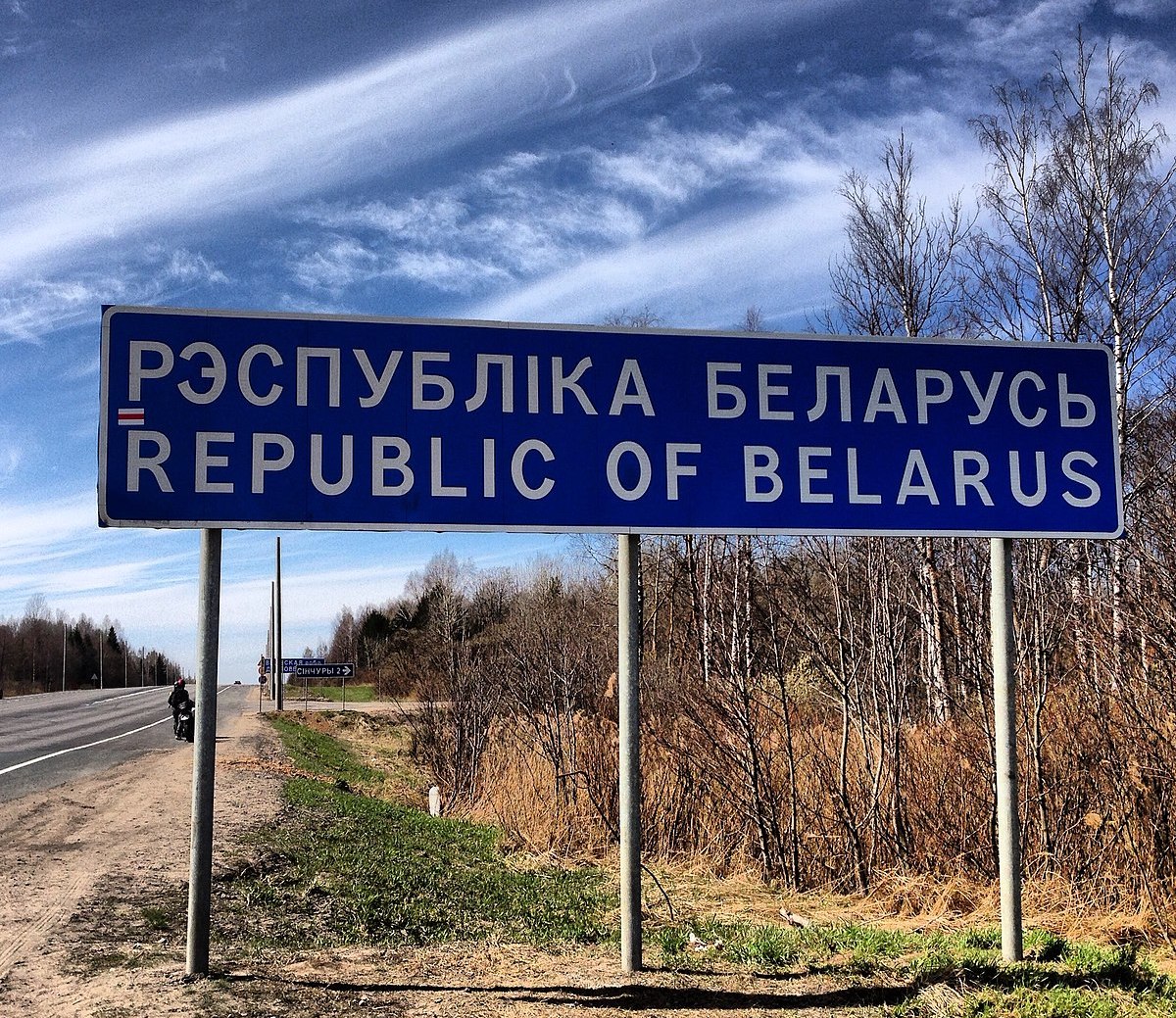
The Russian Ministry of Justice on Sept. 1 designated Dmitry Muratov, a Nobel Peace Prize-winning internationally esteemed journalist, as a “foreign agent.” This classification was justified on the grounds that Muratov “used foreign platforms to disseminate opinions aimed at forming a negative attitude towards the foreign and domestic policy of the Russian Federation.” The label, reminiscent of the “enemy of the people” designation of the Soviet era, imposes harsh constraints on activities and requires sources of funding to be disclosed. The 2015 law has been widely used by the Kremlin to silence critics.
Muratov held the position of editor at independent Novaya Gazeta, which suspended publication in March 2022 in response to threats from the authorities following Russia’s invasion of Ukraine. Many of its journalists have regrouped to establish a new publication, Novaya Gazeta Europe, now headquartered in Latvia. Novaya Gazeta, founded in 1993 by former Soviet leader and fellow Nobel Peace laureate Mikhail Gorbachev, was one of the rare media outlets in Russia openly critical of the policies of President Vladimir Putin. (Jurist, The Guardian)
In Apri 2022, Muratov was attacked with red paint while riding on a train in Russia. Novaya Gazeta won notoriety for uncovering the mass detention of homoseuxals in Chechnya in 2018, and one of its journalists, Yelena Milashina, suffered a violent attack in the Chechen Republic earlier this year.
On Aug. 31, a court in Gomel, Belarus, sentenced journalist and human rights activist Larysa Schchyrakova to three and a half years in prison, and imposed a fine of 3,700 rubles ($1,465). She was accused of “insulting” government officials, disseminating “false information,” and promoting “extremist” activities. Her human rights organization, Gomelskaya Viasna, was also ordered banned. The charges concern Schchyrakova’s advocacy and rights monitoring work during the 2020 anti-government protests in Belarus. (Jurist)
Last October, Belarus imprisoned Nobel-winning human rights advocate Ales Bialiatski.
See our last reports on the crackdown on dissent in Russia and Belarus.
Image: Wikimedia Commons





Belarus prepares ‘gay propaganda’ law
The Prosecutor General of Belarus, Andrei Shved, announced Feb. 19 that the government is preparing a bill that would punish the promotion of what are deem to be non-traditional relationships in a move targeted at LGBTQ+ unions. He stated that it was important to not even allow discussion of the question, as opponents of the measure attempting to destroy traditional family values and, by extension, Belarus as a nation. (Jurist)
Russia has had a so-called “gay propaganda” law in place since 2013.
Russia fines Novaya Gazeta editor-in-chief
A Russian court in Moscow fined the editor-in-chief of independent newspaper Novaya Gazeta, Sergei Sokolov, on Feb. 29 over accusations of discrediting the Russian armed forces. The 30,000 ruble (329 USD) fine from the Perovsky District Court stems from the publication of an article in December on the recruitment of Russian orphans for military service in Ukraine. Officers from Russia’s Center for Combating Extremism detained Sokolov before he was brought before the court. (Jurist)